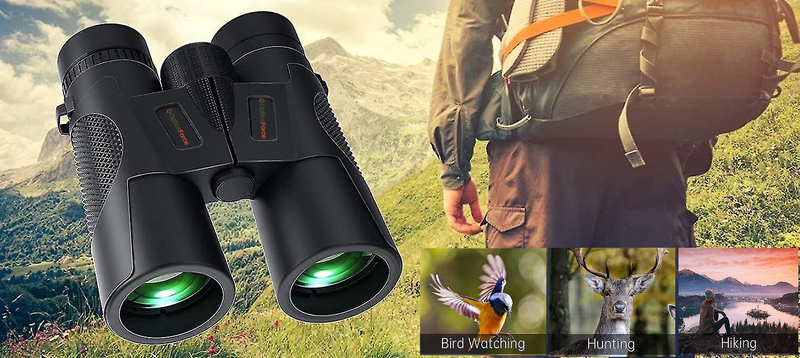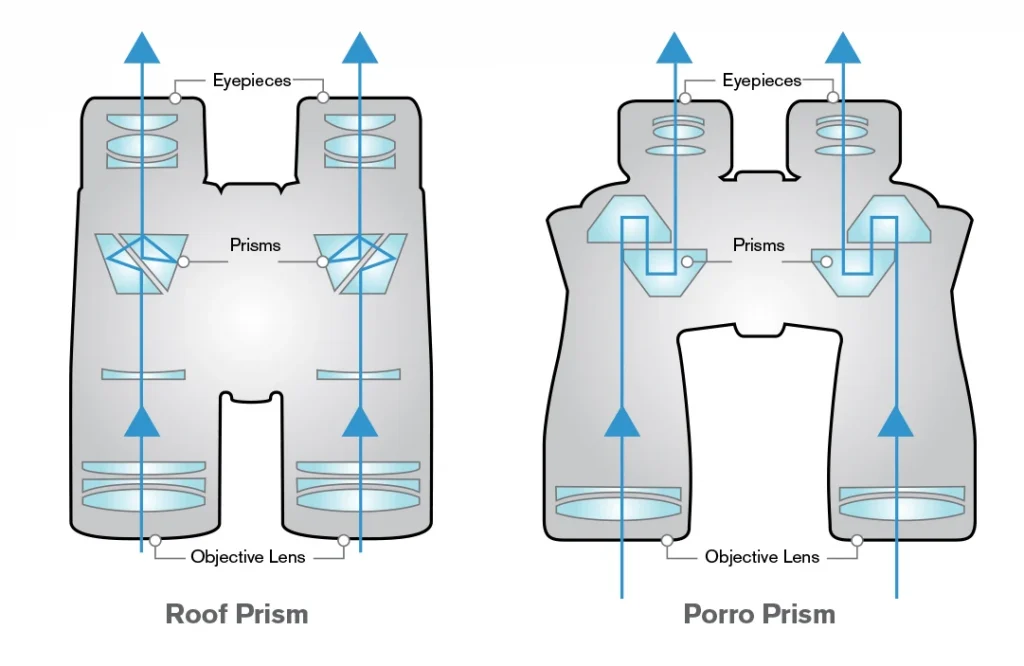Understanding the Modern Technology Behind Modern Binoculars for Sharp Views
Understanding the Modern Technology Behind Modern Binoculars for Sharp Views
Blog Article
The Relevance of Field Glasses in Education and Scientific Research: How These Optical Instruments Contribute to Understanding and Exploration
The integration of binoculars right into instructional settings and clinical research study is typically ignored, yet their contribution to boosting observational abilities is substantial. In self-controls ranging from ecological science to astronomy, field glasses serve as necessary tools that advertise inquiry and crucial reasoning.
Enhancing Observational Skills
In academic and research setups, using binoculars dramatically improves observational skills amongst students and professionals alike. These optical tools assist in a deeper understanding of remote subjects, enabling users to observe information that would certainly otherwise remain hidden. By employing field glasses, learners can check out wildlife, astronomical phenomena, and geological developments, promoting a more profound link to the subject.
Field glasses act as crucial tools in field research studies, motivating trainees to engage proactively with their atmosphere. With improved monitoring, they can gather data extra efficiently, bring about boosted logical skills. This hands-on experience enables the advancement of important reasoning, as trainees need to analyze what they see and connect it to theoretical knowledge.

Bridging Concept and Method
Observational abilities created through using binoculars normally bring about an extra extensive integration of academic understanding with useful application. By taking part in straight monitoring, students can change abstract ideas into concrete experiences. This harmony promotes a deeper understanding of scientific principles as trainees attach academic structures with real-world phenomena.
For example, when studying bird biology, pupils can use their knowledge of bird composition and habits via the lens of field glasses, observing traits such as plumage variation, feeding behaviors, and migratory patterns. This direct interaction not only enhances theoretical concepts but additionally grows crucial reasoning and logical skills.
Additionally, the use of field glasses encourages learners to create hypotheses based on their observations, therefore boosting their clinical query abilities. They can actively test these hypotheses in the field, leading to an extra experiential learning environment that advertises interest and expedition.
Essentially, binoculars act as a vital tool in linking the gap in between classroom discovering and fieldwork - Binoculars. They encourage pupils to become active participants in their education and learning, urging a holistic technique to understanding the environment and its complexities. Therefore, the integration of concept and method is vital for promoting notified and engaged students
Applications in Environmental Science
Making use of binoculars in environmental scientific research enhances the ability to observe and evaluate ecosystems with higher accuracy. These optical instruments are crucial for carrying out field research studies, allowing scientists to keep track of wildlife populations, assess plant health and wellness, and review habitat conditions without interrupting the all-natural atmosphere. Binoculars assist in the identification of species at numerous distances, enabling scientists to gather vital information on biodiversity and behavior.
In ecological research study, binoculars are important devices for ornithologists examining bird habits and movement patterns. They enable researchers to tape observations over extended periods, adding to beneficial longitudinal research studies - Binoculars. Furthermore, binoculars play an essential role in environment analyses, as they enable the comprehensive monitoring of plant communities and their interactions within ecological communities
Environmental educators also take advantage of binoculars, as these instruments improve experiential discovering opportunities. Students can engage straight with their environments, promoting a much deeper admiration for ecological systems. By incorporating binoculars right into instructional programs, teachers can motivate the next generation of ecological scientists.
Function in Astronomy Education And Learning
Using field glasses in astronomy education offers an obtainable portal for pupils and lovers to check out celestial phenomena (Binoculars). Unlike huge telescopes, field glasses are mobile, easy to use, and relatively inexpensive, making them an ideal initial device for observing the evening skies. Pupils can quickly involve with the universes, cultivating a hands-on knowing experience that boosts their understanding of astronomical concepts
Binoculars permit individuals to observe a range of holy items, their website including the Moon, earths, and star clusters. This ease of access motivates exploration and monitoring, important elements of clinical questions. Students can develop critical skills such as information collection, observation strategies, and also fundamental astrometry. Significantly, field glasses act as a bridge to a lot more intricate astronomical instruments, giving fundamental experiences that can trigger deeper rate of interest in the area.
In instructional settings, guided binocular sessions can promote team cooperation and discussion, improving the finding out experience. The shared experience of observing celestial objects can cultivate a sense of neighborhood amongst learners. Generally, field glasses play a crucial duty in debunking astronomy, making it friendly and appealing for individuals at all levels of education.

Inspiring Curiosity and Questions
Field glasses not only promote the observation of celestial sensations however also ignite a feeling of interest and query amongst students. By supplying a better take a look at far-off things, field glasses motivate learners to ask questions and check out the environment around them. This tool transforms easy knowing right into an active, appealing experience, fostering a much deeper understanding of scientific concepts.
When trainees make use of binoculars to observe wild animals, landscapes, or astronomical items, they develop empirical abilities that are vital for clinical questions. The act of concentrating on specific information motivates them to develop hypotheses, conduct examinations, and draw conclusions based upon their observations. This process not just boosts their essential believing abilities but additionally nurtures a long-lasting passion for exploration.
In addition, field glasses can link the void in between academic expertise and real-world application. As pupils observe phenomena firsthand, they can attach classroom discovering to functional experiences, making education and learning much more YOURURL.com relevant and purposeful. Inevitably, the use of field glasses in educational setups acts as a catalyst for curiosity, empowering students to seek expertise with enthusiasm and fostering a sense of marvel about the world around them. By doing this, binoculars play an essential function in motivating future generations of scientists and thinkers.
Verdict
In useful site recap, binoculars work as essential devices in education and clinical research, substantially enhancing empirical skills while connecting the space in between academic understanding and practical application. Their diverse applications in areas such as environmental science and astronomy emphasize their relevance in cultivating interest and questions among trainees. By helping with thorough evaluations of remote subjects, field glasses not only inspire the following generation of researchers but also cultivate an extensive admiration for exploration and the scientific approach.
Report this page